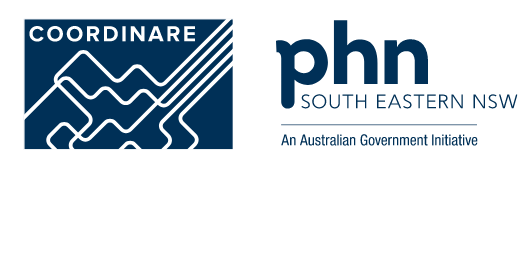
Management of type 2 diabetes: A handbook for general practices
7 September 2020
The RACGP and Diabetes Australia have united to support GPs in their management of type 2 diabetes through Management of type 2 diabetes: a handbook for general practice.
General practitioners have a central role in the prevention and management of type 2 diabetes within the community. With the number of patients diagnosed with type 2 diabetes growing, due to factors such as rising overweight and obesity rates, lifestyle and dietary changes and an ageing population, the handbook is pivotal for educating GPs, practice nurses, diabetes educators, and allied health professionals about the disease.
Updates to the diabetes handbook include completely new sections on the following topics:
- early-onset type 2 diabetes
- mental health and type 2 diabetes
- management of type 2 diabetes in the elderly and residential aged care facilities
- the use of technology in managing type 2 diabetes.
Additionally, significant updates to existing sections include:
- reproductive health: removal of advice on the management of polycystic ovary syndrome (PCOS)
- managing cardiovascular risk: new recommendation for the use of sodium glucose co-transporter 2 (SGLT2) inhibitors and glucagon-like peptide-1 receptor agonists (GLP-1 RAs) in people with type 2 diabetes in the setting of cardiovascular disease and suboptimal glucose control
- managing risks and other impacts of diabetes: inclusion of a new section on diabetes management for people fasting during Ramadan.
The handbook is only available online and can be accessed by visiting: racgp.org.au/diabetes-handbook
If you have any questions, please do not hesitate to contact Sarah Fraser, Project Coordinator, Quality Care via sarah.fraser@racgp.org.au or (03) 8699 0486.
Consider checking the suite of Type 2 Diabetes pathways on Illawarra Shoalhaven HealthPathways or the Managing Newly Diagnosed Type 2 Diabetes pathway on ACT & Southern NSW HealthPathways for localised information, including details specific to Aboriginal and Torres Strait Islander peoples, and culturally and linguistically diverse communities.
